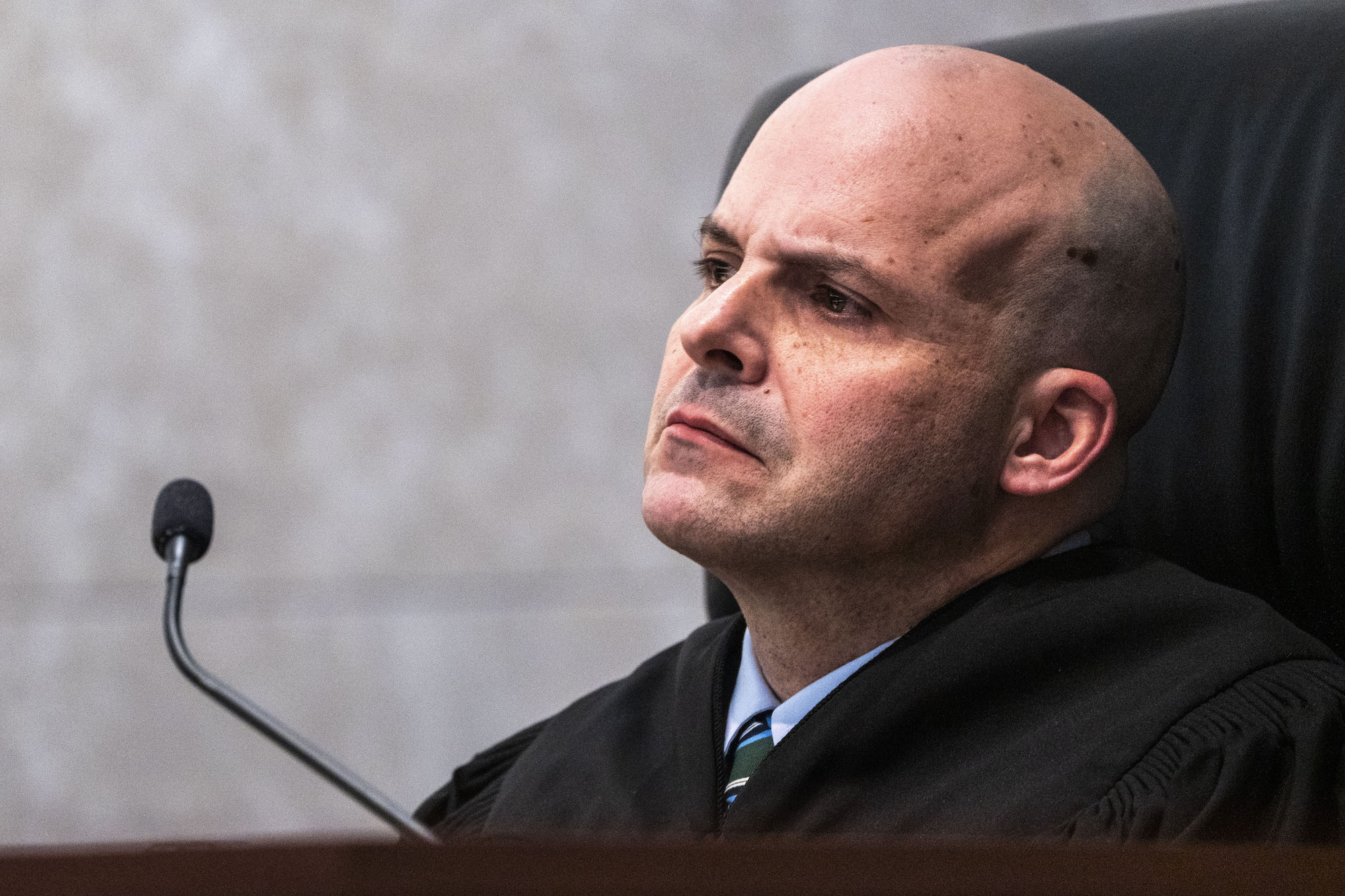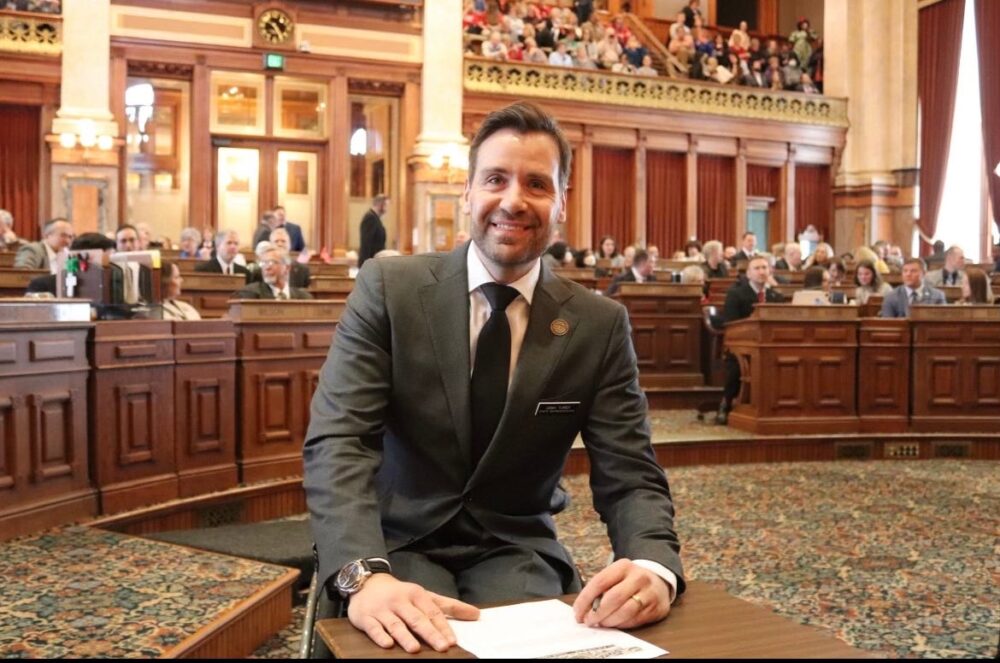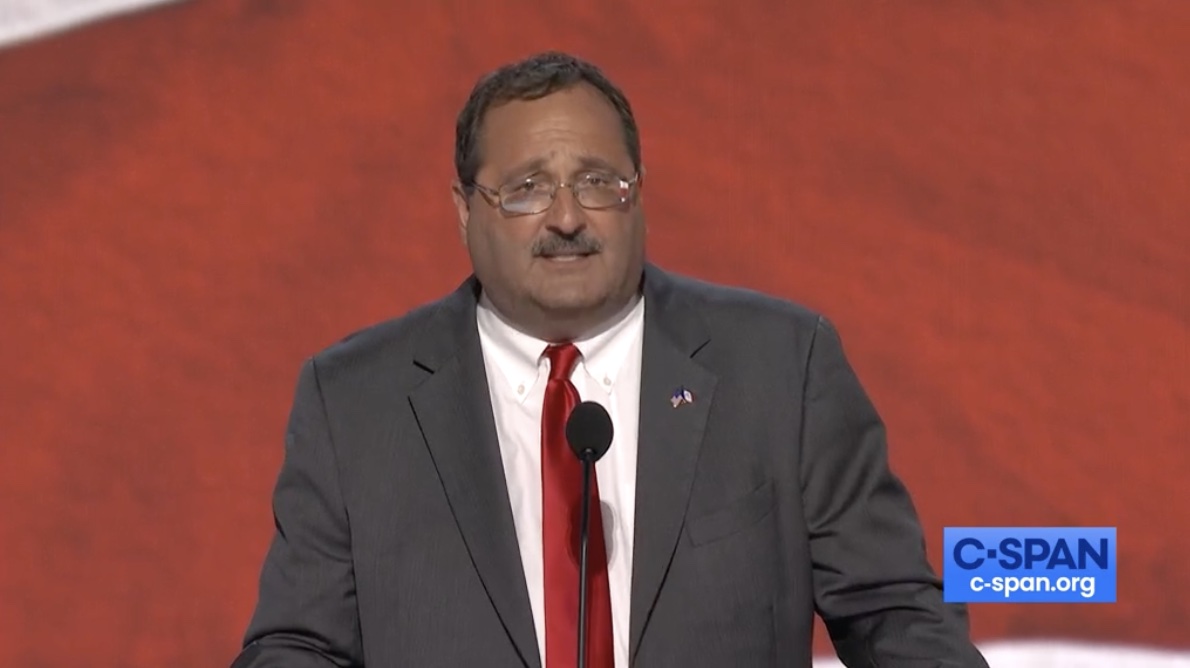AJ Jones is a writer and creator of art, expressing herself across different mediums. She embraces her neurodivergence as a unique way to view the world in hopes of creating a better future.
“Useful art is about transforming people’s lives, even on a small scale. It is art as activism and activism as art.”
Tania Bruguera, Tate Exchange Lead Artist, 2018–2019
Voices. How they slide into the ear. How they penetrate with inflection and tone, easing inside thoughts with gravelly, sparkling vibrancy. All too soon, we must leave a conversation. The words become jumbled as other facets of life set in and conversations are replayed as ideas swap and manifest in solitude. Sometimes those exchanged voices rest within, waiting to emerge. Some ideas don’t adhere, while others resonate through one’s soul.
One finds they are not alone in ideas, ideals, and values. It is difficult to keep these conversations fresh, much less vital, in our minds as we deal with the everyday needs that keep us moving from task to task, place to place, bombarded by advertising, social media, care for others, care for ourselves.
Wouldn’t it be amazing if there were a place where people could gather together, share ideas, and, if possible, leave their voice to be reflected upon later in a way that allows for expression and manifestation? A place that allowed bringing the intangible into the visible reality of space, time, energy, and matter?
Continue Reading...























